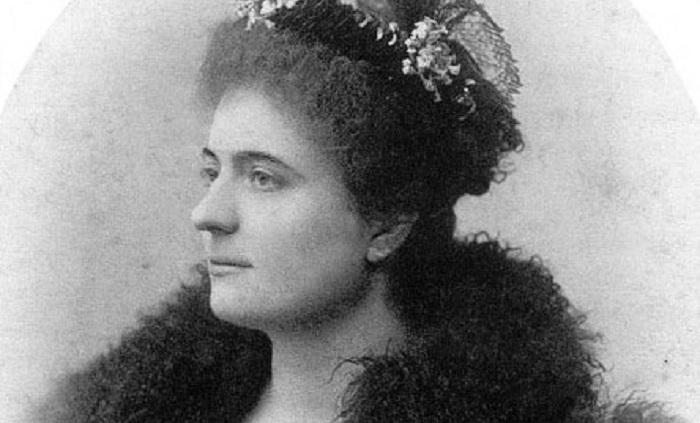The Wedding Ceremony
There is such a wide range of music to choose from and it can be dauting knowing where to start. Our advice, for experience, is to make a list of what music has a special meaning for you and do not be afraid to ‘think out of the box’. Depending on the location and style of wedding you are planning there may be various times of the day where you need different types of music. You may have a dinner the evening before you Wedding Day and on the day itself you may need music for the Ceremony and Wedding Breakfast or Dinner. You may then wish to dance the night away with a Disco at the end of the evening.
Opera can bring a multi-faceted entertainment that could be the perfect ingredient for the various stages of the celebrations. Also, opera transcends language and could be the perfect entertainment for multi national gatherings as well as brining a unique element of sophistication.
For many weddings London Festival Opera has supplied a soloist or group of singers to perform at a key moment of the Wedding Ceremony, perhaps during the signing of the register, where something extra special and emotional is required. Some Brides and Grooms choose something religious such as a version of ‘Ave Maria’ but others choose something secular like ‘Summertime’ or perhaps an operatic aria by Mozart or Puccini, or an operatic version of a Pop Song.
Please do call London Festival Opera to discuss arranging an extra-special element of live music at your Wedding Ceremony.
Call us now to discuss on 07802 183847 or send an email to philip@londonfestivalopera.co.uk
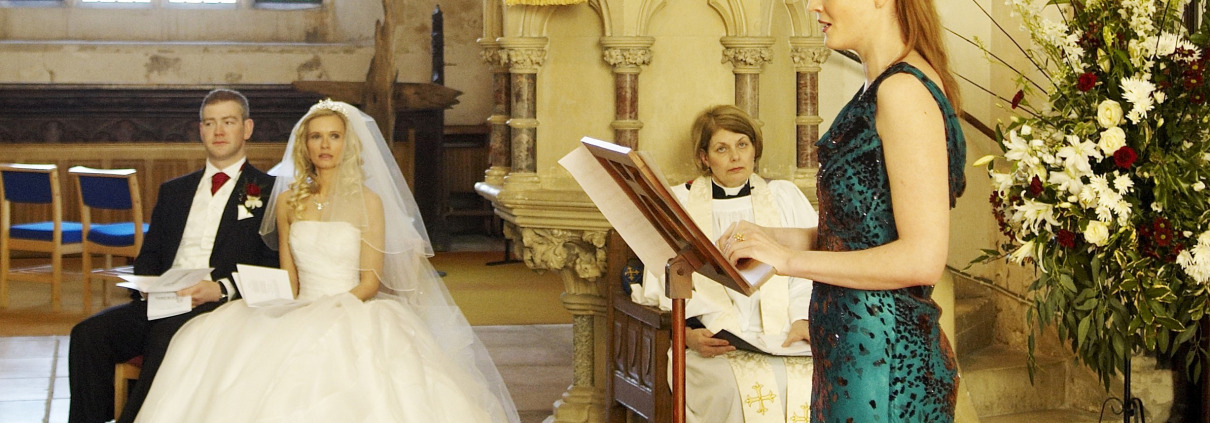
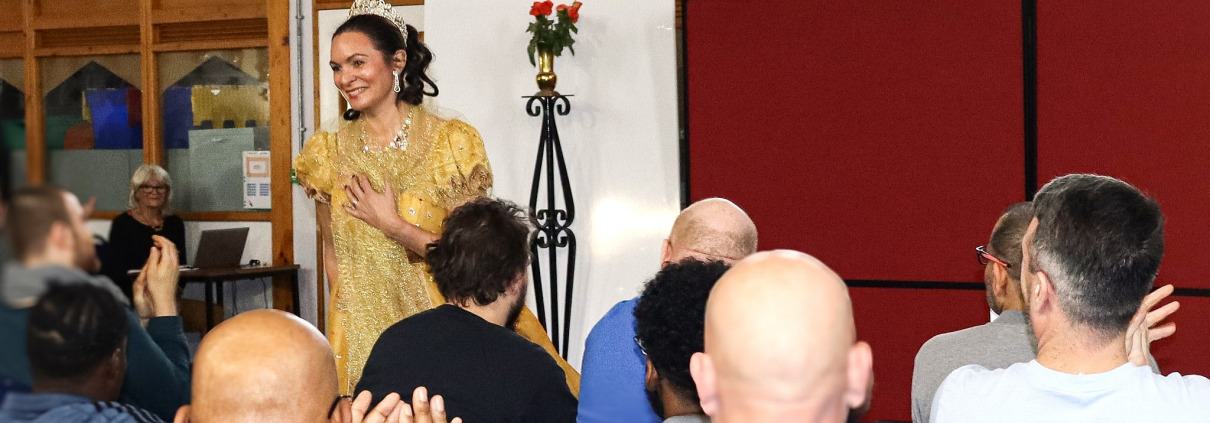
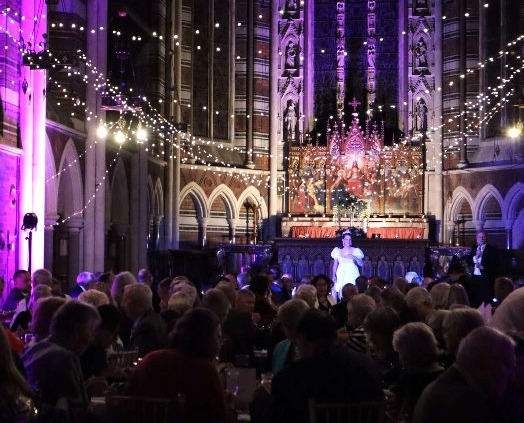
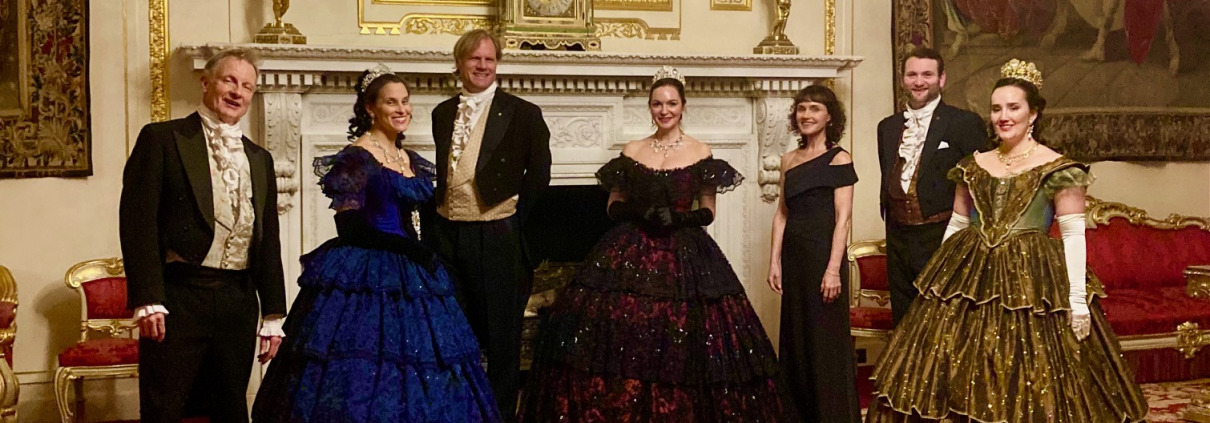
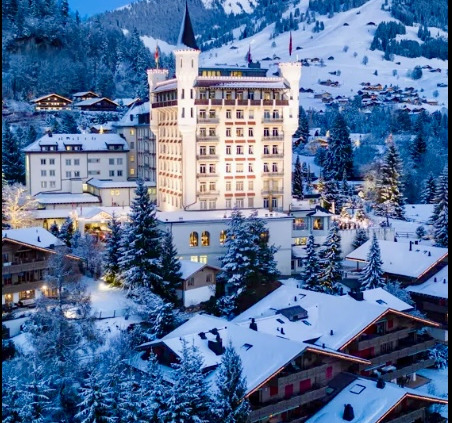
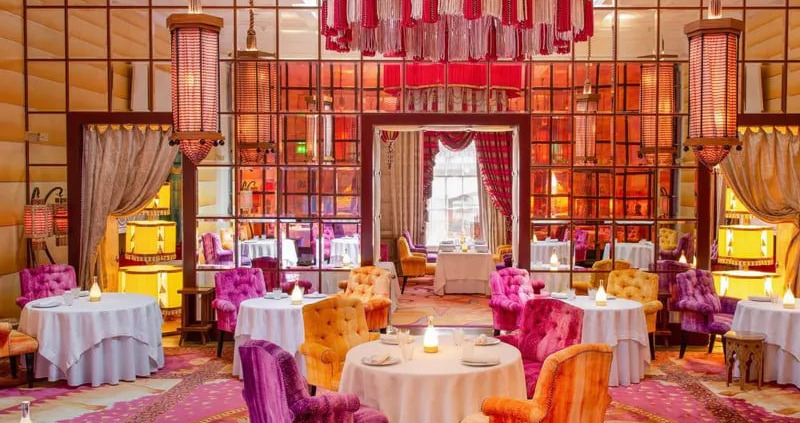
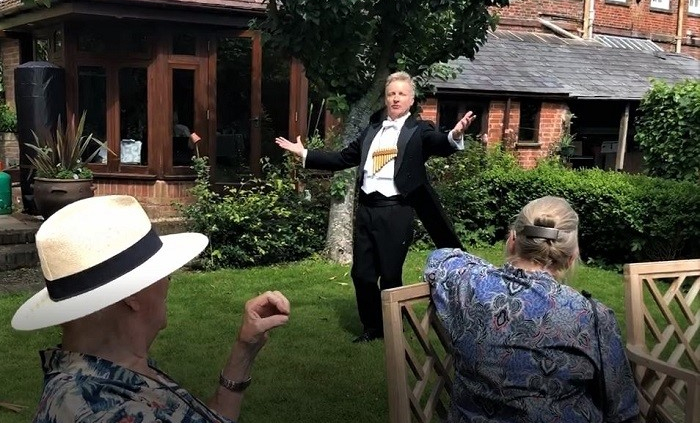
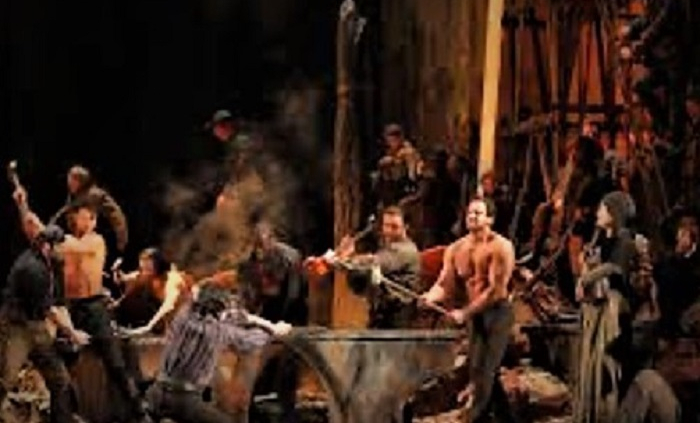
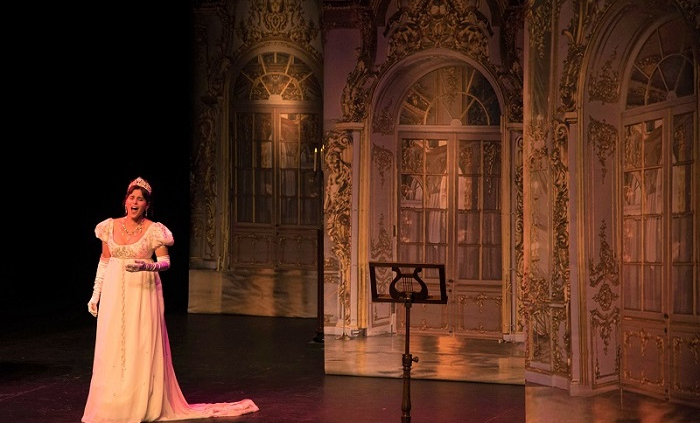 London Festival Opera
London Festival Opera